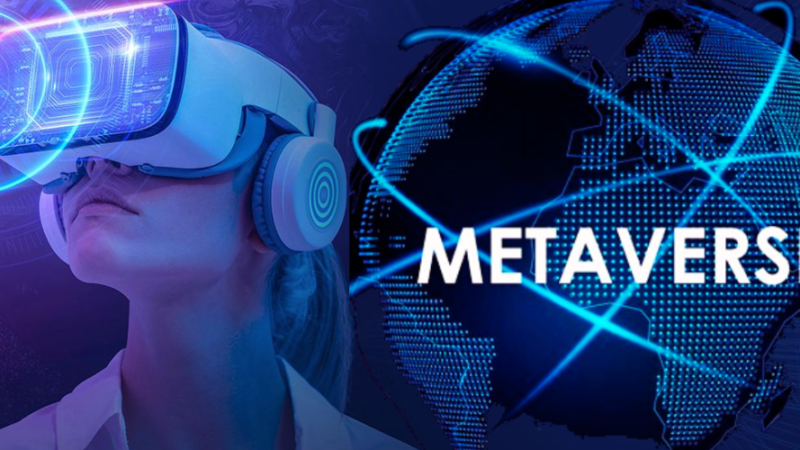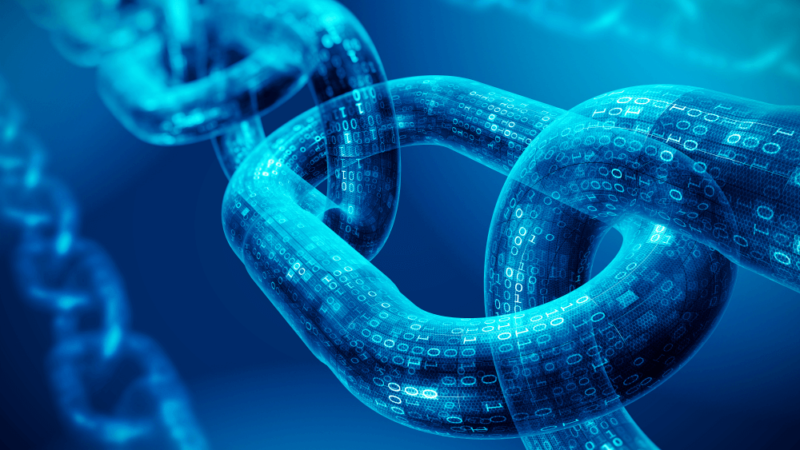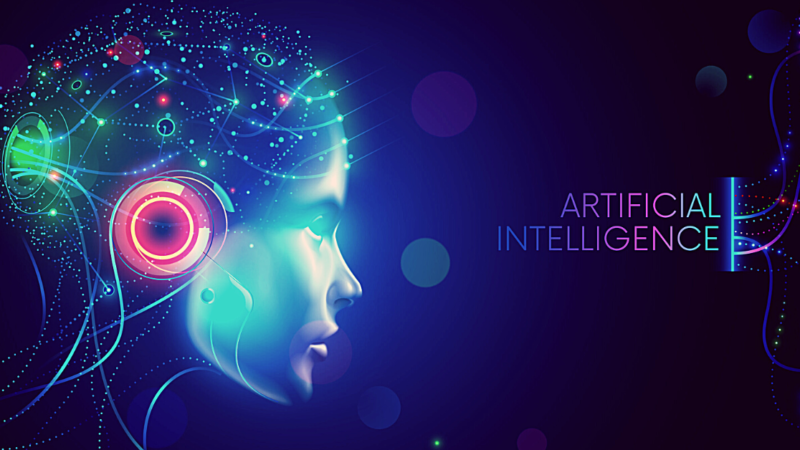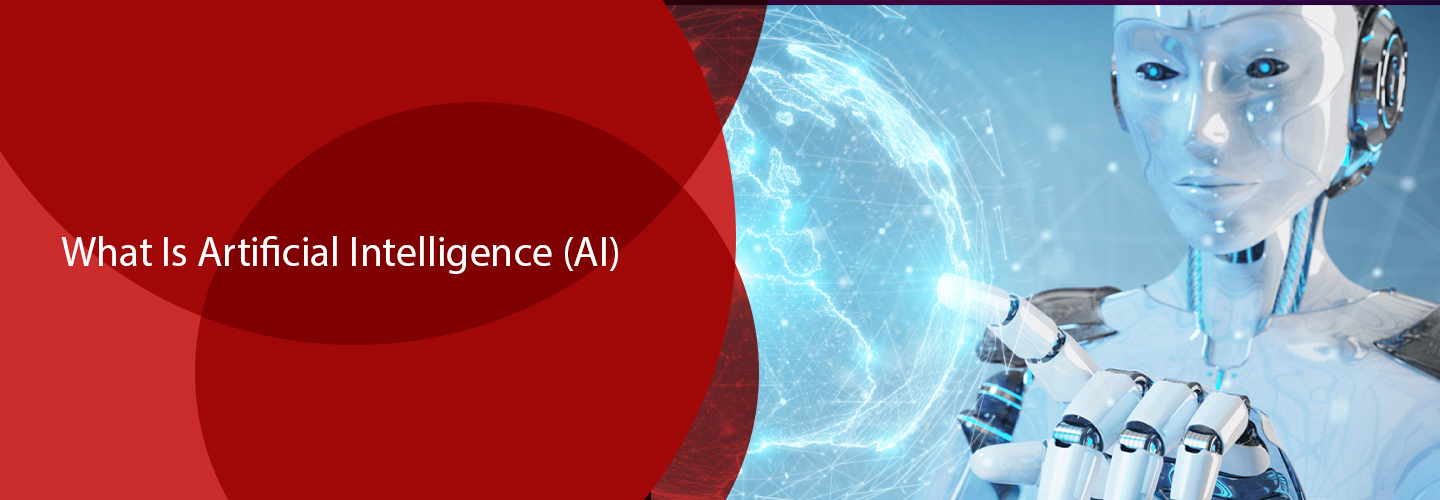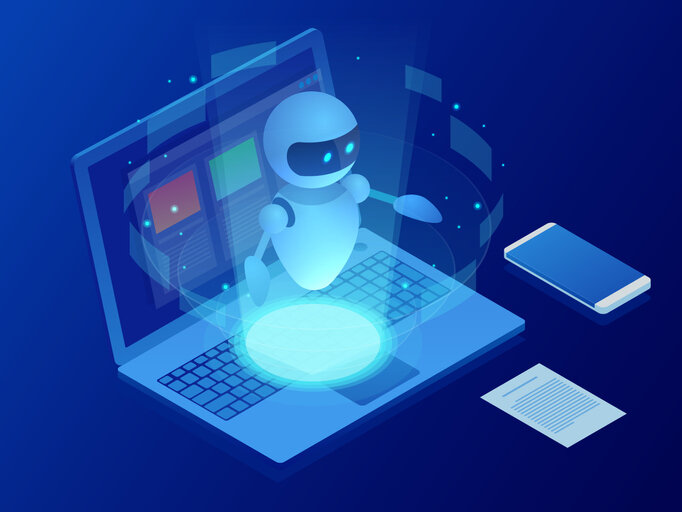Will Artificial Intelligence Overtake Humans?
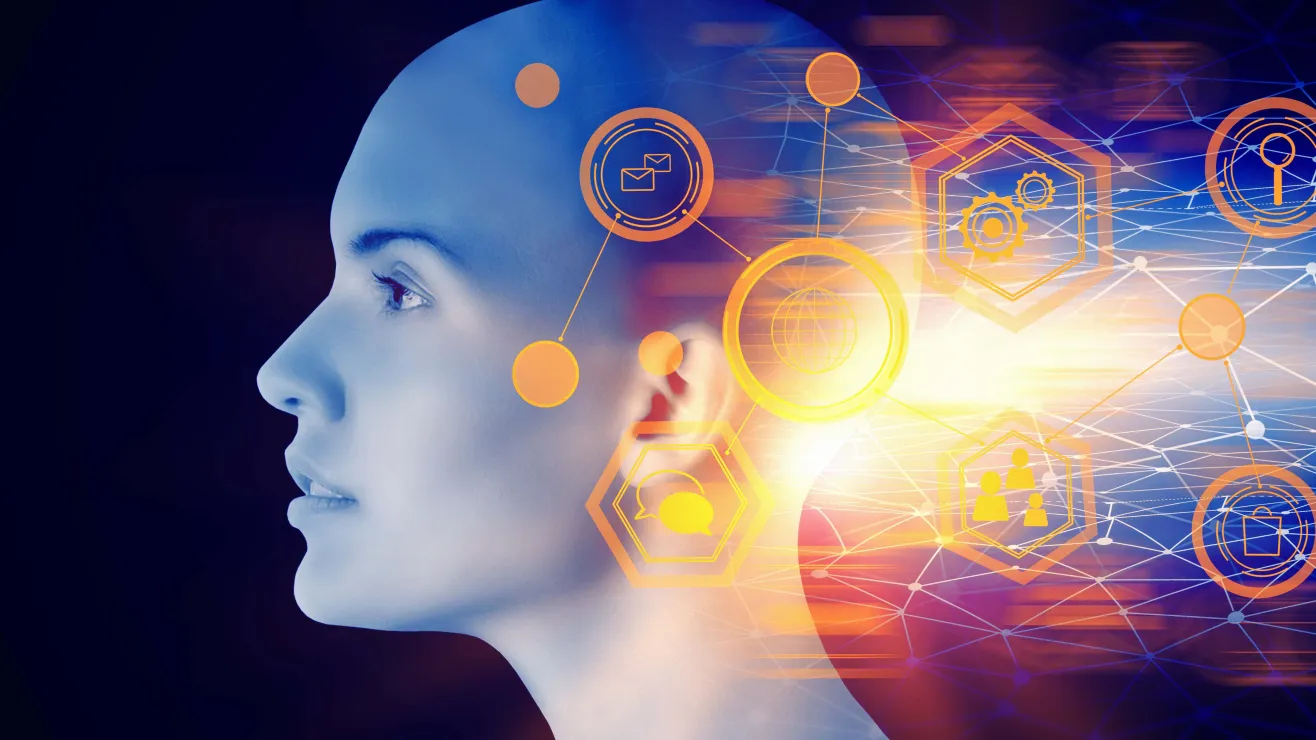
Artificial Intelligence: In a world where electronic communication is gaining ground every day, it is very important to know how to converse in person with others.
It is estimated that by 2025 more than half of the tasks will be performed by Artificial Intelligence (exactly 52%, according to the World Economic Forum). This labor revolution should not be seen as a problem; In my opinion, this is an opportunity.
The automation of tasks affects companies and workers, society as a whole. Whether we like it or not, it is an inevitable and unstoppable process.
Recruiters say there are areas where a robot can’t replace a human. It’s those moments that happen every day when a colleague needs another to lend a hand, an employee provides a satisfactory solution to a dissatisfied customer, a team leader dissipates a climate of threatening tension, and another elevates the corporate image with a good response on Twitter. But will we be able in the future to make beings with Artificial Intelligence that can replace our most human part?
Also Read: What Is artificial intelligence (AI)? and How It Is Used
There are many emotional competencies that are specific to man and that we now give priority to in companies:
1.-Communicate face-to-face.
In a world where electronic communication is gaining ground every day, it is very important to know how to converse in person with others. This is an essential skill, in which Siri, Cortana or Alexa will not be able to replace a person with active listening capabilities for now. But will it come?
Personal communication involves looking at the other, paying attention to them, not interrupting them, offering them a response, enriching feedback, detecting their emotions and knowing how to manage your own.
2. Troubleshoot.
A robot can be programmed to respond to a multitude of situations, and people with emotional skills find solutions without neglecting the effect they will have on people. That’s what’s really going to boost business productivity. But what will happen if, through algorithms, we create machines programmed to create such an effect?
3. Be flexible.
The world is changing. We work subject to thousands of variables, in multidisciplinary and multicultural teams. People who know how to adapt quickly to change, who are flexible and who find creative solutions to challenges, don’t need anyone to program them for new situations. But what will happen if robots are programmed to look for new ways to adapt and solutions?
As I write, the robotics company Boston Dynamics, creator of sophisticated devices that have put our emotions to the test, comes to mind. His recordings, in which humans mistreat robots, should leave us as indifferent as the suffering of a soccer ball during a match. But that’s not the case. It’s hard for us to see the quadruped BigDog get kicked or the humanoid Atlas take a beating.
Boston Dynamics brings a smile to our faces at the end of its videos when it appears to clarify that “no robots have been harmed during filming.” A sense of humor is one of the biggest differences between humans and robots. Let’s cultivate it.
It’s a good exercise to note that we empathize with robots…, even though it shouldn’t be: feeling sorry for a machine or obeying its orders can be very dangerous.

